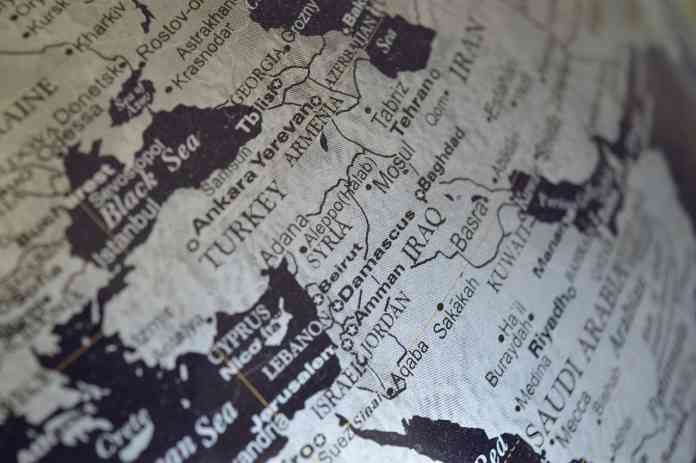Report finds Daesh responsible for Syria chemical weapons attack

A report from the Organisation for the Prohibition of Chemical Weapons (OPCW) has found that Daesh was responsible for a sulphur mustard attack in Marea, Syria, in 2015.
The report is the fourth from OPCW's Investigation and Identification Team (IIT) investigating chemical weapons attacks in Syria.
After rigorous and independent analysis of the evidence, the OPCW’s report found that there were reasonable grounds to believe that units of Daesh were the perpetrators of a chemical weapons attack using sulphur mustard on Marea on 1 September 2015.
Previous OPCW reports found that the Assad regime was responsible for attacks on Saraqib and Douma in 2018 using chlorine, and three separate attacks with sarin and chlorine in Ltamenah in March 2017.
Following publication of the report, the minister of state for the Middle East, South Asia and the UN Lord (Tariq) Ahmad of Wimbledon issued a statement condemning the attack.
He said: "We commend the Organisation for the Prohibition of Chemical Weapons (OPCW)’s Investigation and Identification Team (IIT) for its expert and independent analysis which has found Daesh was responsible for the use of chemical weapons on civilians in Marea in 2015. The IIT have shown consistent resilience and professionalism in attributing responsibility in cases of both state and non-state actors use in Syria. They have our full support.
"This report adds to the shocking track record of Daesh use of chemical weapons. The OPCW-UN Joint Investigative Mechanism previously found Daesh responsible for three other attacks in Marea in 2015 and in Umm Hawsh in 2016. We condemn all use of chemical weapons during the Syrian conflict perpetrated by Daesh and the Assad regime. UN and OPCW mandated investigations have found the Assad regime responsible for at least nine chemical weapons attacks including using sarin and chlorine.
"The international community should be gravely concerned about the threat of non-state actors developing, acquiring, and using chemical weapons. The proliferation risk in Syria has only been exacerbated by instability in the region. We urge all States Parties to the Chemical Weapons Convention to cooperate to implement the Decision on ‘Addressing the Threat from Chemical Weapons Use and the Threat of Future Use’ adopted in November 2023, which expressed concern about use by state and non-state actors in Syria."
Image by ErikaWittlieb from Pixabay
digital issue




















